Dwarfism Awareness Day
The 25 October is Dwarfism Awareness Day. This is a day to spread awareness for dwarfism, along with the barriers that people with dwarfism can face.
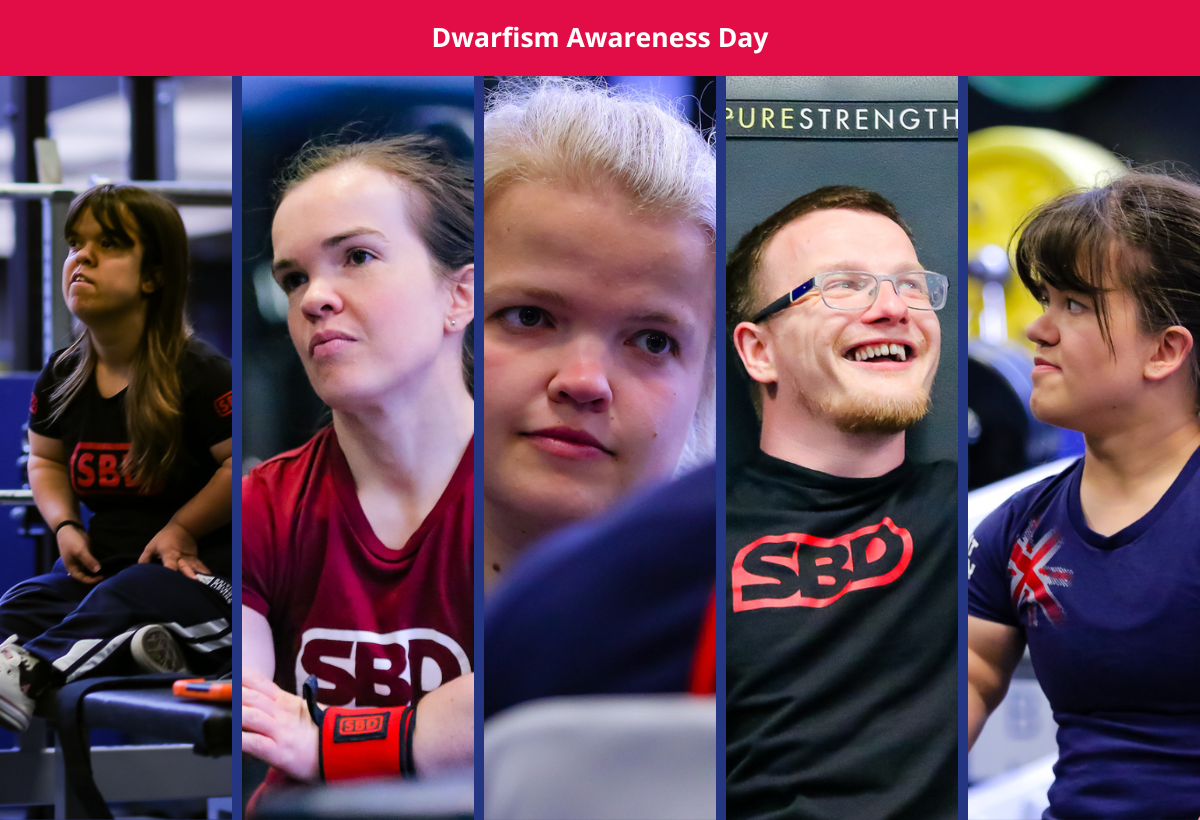
The following information is from the Dwarf Sports Association:
- Dwarfism is when a person is short in stature and is commonly defined as an adult height of 4 feet 10 inches or under, resulting from a medical or genetic condition. Some groups extend the criteria for certain forms of dwarfism to 5 feet tall.
- There are over 200 different dwarfism and restricted growth conditions. Achondroplasia is the most common type of dwarfism with a birth incidence of about 1 in 25,000 to 30,000 people. A little-known fact is that 80% of people with Achondroplasia are born to average height parents.
- DSAuk has members with many different restricted growth conditions, all of whom, along with their families, participate and enjoy the variety of activities, sport, competitions and regional and national events on offer.
- Some people prefer the term “short stature” or “little people” rather than “dwarf” or “dwarfism.” So, it’s important to be sensitive to the preference of someone who has this condition.
- People with dwarfism are generally of normal intelligence. As well as being short, some people may have bowed legs or a curvature of the spine, but most people don’t have any other serious problems and are able to live a normal life, with a normal life expectancy.
We asked some of our elite para-powerlifters to share their experiences with dwarfism.
Introductions:
Zoe Newson is a triple Paralympian, double European Champion, and Commonwealth Games Champion. Zoe’s best bench is currently 102kg, which she made at the 2016 Rio Paralympics.
Kim Dean is a Commonwealth Games competitor, European silver medallist, and World Championship competitor. Kim’s best bench is currently 89kg, which she made at the European Championships in 2022.
Rebecca Bedford is a European Champion and Commonwealth Games competitor. She transferred to para powerlifting after competing in badminton, where she was three times World Champion. Rebecca’s best bench is currently 92kg, which she made at the Loughborough test event in 2022.
Sean Clare is a European bronze medallist and World Championship competitor. Sean’s best bench is currently 147kg, which he made at the 2022 European Championships.
Olivia Broome is a double Paralympian, junior European Champion, and Commonwealth Games silver medallist. Olivia’s best bench is currently 115kg, which she made at the 2022 European Championships, where she gained a senior silver medal.
The 25 October is World Dwarfism Awareness Day. What does this mean to you?
Zoe: It means a lot to me. I am happy to get more people involved and for them to know more about dwarfism, I’m proud to be one.
Kim: It’s a great opportunity to inform and correct stereotypes.
Rebecca: For me, every day should be dwarfism awareness day. However, having a designated day allows for the community to join together and spread the awareness as one, especially as it is recognised internationally.
Sean: I feel it could be a great day to showcase what people with dwarfism can do. I feel that more and more schools get involved now to help teach students and educate them on what life with dwarfism is like and how to include people with dwarfism in everyday life.
Olivia: Dwarfism Awareness Day to me is about educating people on dwarfism and about the language that people may use when referring to people of short stature. And also not to treat it as a taboo subject.
What do you want people to know about dwarfism?
Zoe: Don’t stare. I’m just like everyone else, and people with dwarfism all have feelings.
Kim: We’re just like everyone else but with shorter arms and legs.
Rebecca: There are many different types of dwarfism, with the most common being Achondroplasia, which occurs in about 1 in every 25,000.
Sean: That we are just the same as everyone else. Unfortunately, people with dwarfism are still seen by many as a joke or get made fun of a lot in the streets but I wouldn’t change my life and who I am. It’s taught me life lessons; we are the same as everyone but maybe just need a little additional support sometimes.
Olivia: I would like people to know that we're not any different, yes, we're smaller but we are just exactly the same as you.
How did you get into para powerlifting?
Zoe: I was 14 at high school and my old coach was there to do a talk about the army. I was playing badminton at lunch time, and he was having a tour round the school saw me. He said because of my height I would be good at it. He was setting up a group called Suffolk Spartans and I went home to speak to my parents about it, they said try it if you don’t like it that’s fine. I went and enjoyed it.
Kim: Through strength training in the gym.
Rebecca: I have been part of elite international sport since I was 12, however I wanted a new challenge in 2018. I have been friends with fellow athlete Olivia Broome for a long time and she convinced me to give Powerlifting a go. I went to a ‘Discover Your Gold’ day and met coaches Tom Whittaker and Ben Richens there and after trying the sport I fell in love with it.
Sean: I got into para powerlifting by putting a bench press video on Instagram and my now coach Ben commented on it asking if wanted to be involved and went from there really
Olivia: I got into powerlifting through my sister who convinced us to sign up for UK Sports' talent ID programme, but having role models who are short stature athletes also helped me get involved in sport in general, because I would just say "I want to be like them."
Has the Dwarf Sports Association helped you in your career? If so, how?
Zoe: Yes, they have. I always loved my sports, especially football, and went to the dwarf games for years and that really helped me and support me in my ambitions.
Kim: Yes - I first got interested in powerlifting because of the DSA, and was competing at their event was where I connected with BWL.
Rebecca: The Dwarf Sports Association has been a huge part of my life. It allowed me to meet and compete against people of my own stature and nurtured my love of sport and competition. Having such a varied sport offering allows people with dwarfism to have a go at so many different things and really understand the amazing things their body is capable of.
Sean: When I was younger DSAuk helped me in terms of realising the potential I had in sport against people with similar abilities as me and gave me confidence to want to achieve more in sport.
Olivia: The DSA helped me get into sport and to also meet likeminded individuals.
Did you face any challenges when getting into sport?
Zoe: No, luckily, I didn’t which is good.
Kim: It was difficult getting into powerlifting the first time I tried in my mid-twenties. I don’t know why. This time around the coaches were eager to engage with new people.
Rebecca: It was hard to find local clubs and gyms that catered for Para sport or were happy to adapt.
Sean: Yes at school I was always sporty but being a lot smaller than everyone else I found it hard to compete which can knock confidence.
Olivia: I think one of my biggest barriers was having the confidence to walk into the weight room because all that I would think was "Are people staring at me? What are they thinking?"
What is your favourite moment so far of your sporting career?
Zoe: London 2012 and Rio 2016 Paralympics.
Kim: Stepping out at the Birmingham Commonwealth Games. The whole Commonwealth Games experience was great.
Rebecca: I have 2 favourite moments in my sporting career which I will never forget. The first is walking out on to the stage at the Birmingham Commonwealth Games and being greeted by the roar of the home crowd. The second is winning my first international Powerlifting medal which happened to be Gold at the 2022 European Championships.
Sean: Winning a bronze medal at the 2022 European Championships by 1kg. My first ever para powerlifting medal.
Olivia: My favourite moment of my career so far is winning the bronze in Tokyo, it just showed how far I've come in such a small amount of time.
If you could give one piece of advice to a young person with dwarfism wanting to get into professional sport, what would it be?
Zoe: Don’t give it up, enjoy it and have fun and make sure you got people behind you to support you.
Kim: Contact BWL to see if there are any clubs in your area that you can get connected into or find a good gym that will support you.
Rebecca: My advice would be to become a member of the Dwarf Sports Association as here you can try out many different sports, both competitively and just for fun. If you decide that there is a sport you want to begin on a professional level, they will be able to help guide you to the appropriate association. Don’t be afraid to change your mind and never give up.
Sean: I would say if you really want to put in the work and achieve something. Go for it. Don’t listen to anyone that may say “you can’t do this or that” there’s so many sporting opportunities for people with dwarfism. Just because you may not be good against your peers in school doesn’t mean you won’t be good against people with similar ability as you.
Olivia: I think my biggest piece of advice I'd give anyone is just go for it, you never know where it's going to take you. That's what I did and I'm so happy that I did.
Interested in para powerlifting?
Para Powerlifting is an extremely accessible sport which you can perform at home with the correct equipment, or by signing up to a gym in your local area for a very low cost. Come and get involved!
You can find out more about the sport of para powerlifting here
Please contact Connor, our Pathway Development Coach with any questions or if you are interested in getting started via connor.macdonald@britishweightlifting.org.
Partners
-
 Official Partner
Official Partner
-
 Official Equipment Partner
Official Equipment Partner
-
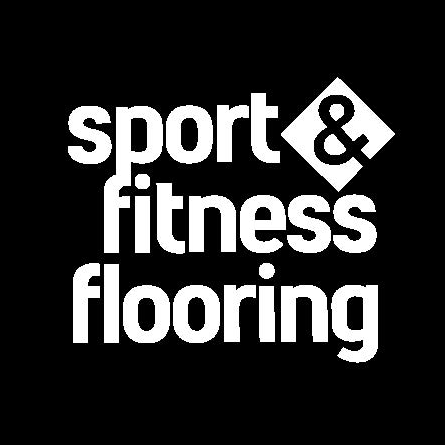 Official Partner
Official Partner
-
 Official Partner
Official Partner
-
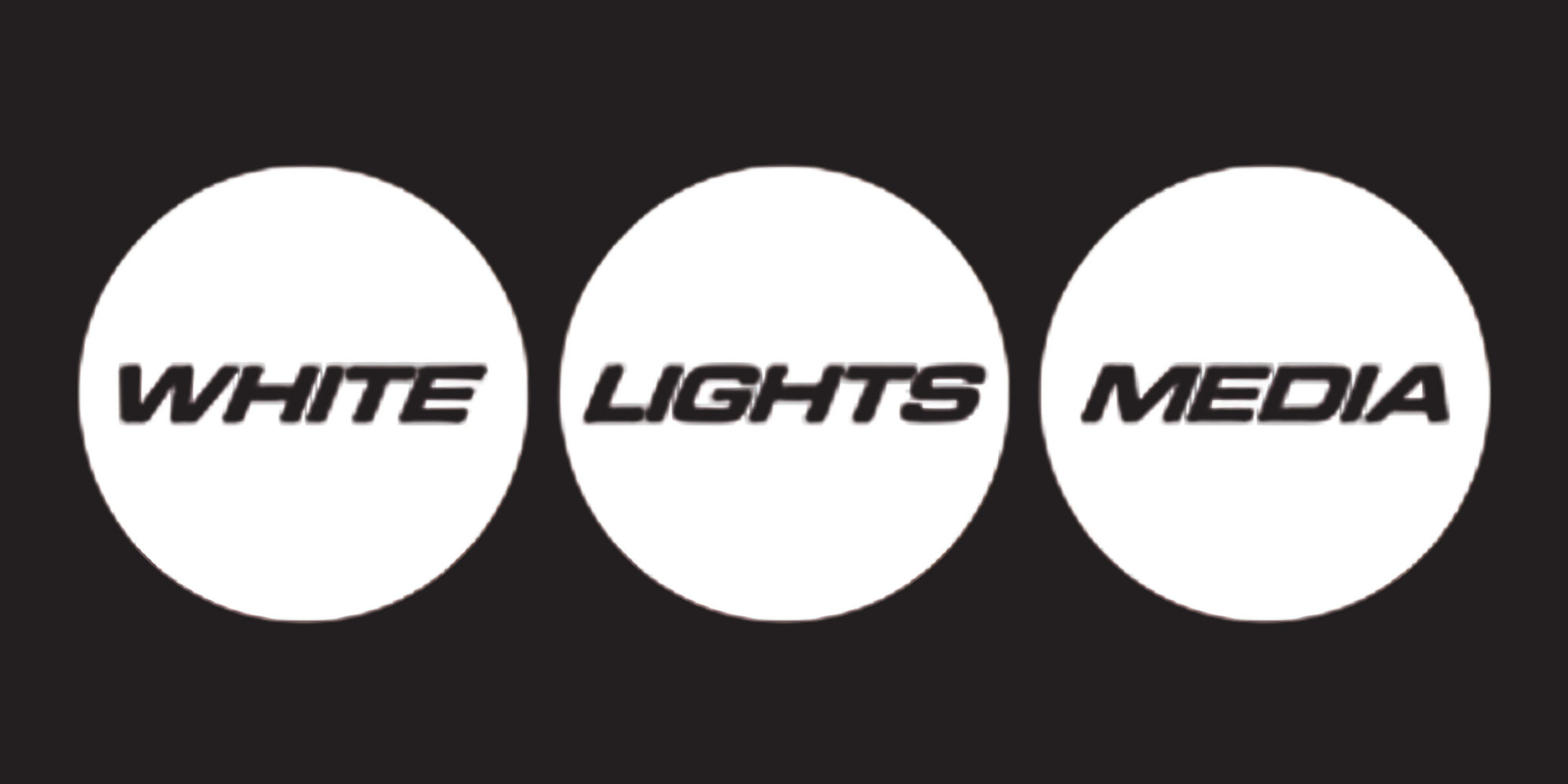 Official Photography Agency
Official Photography Agency
-
 Official Partner
Official Partner
-
 Official Partner
Official Partner
-
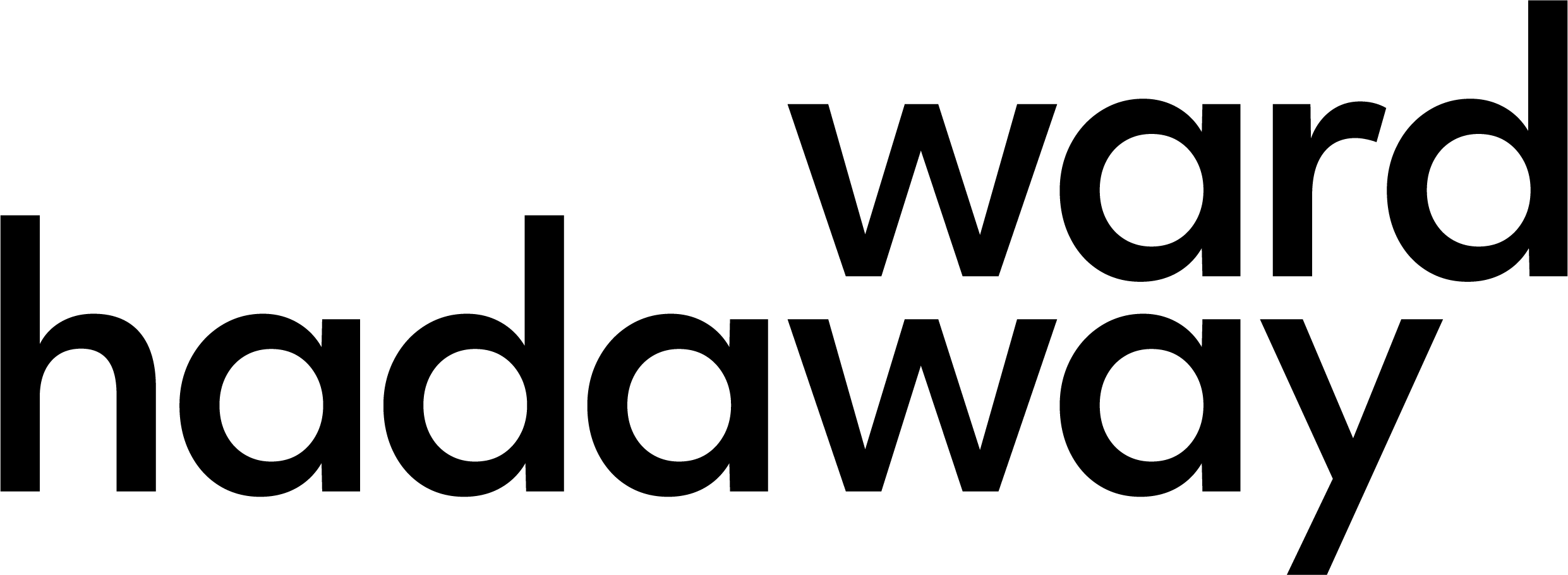 Official Partner
Official Partner
-
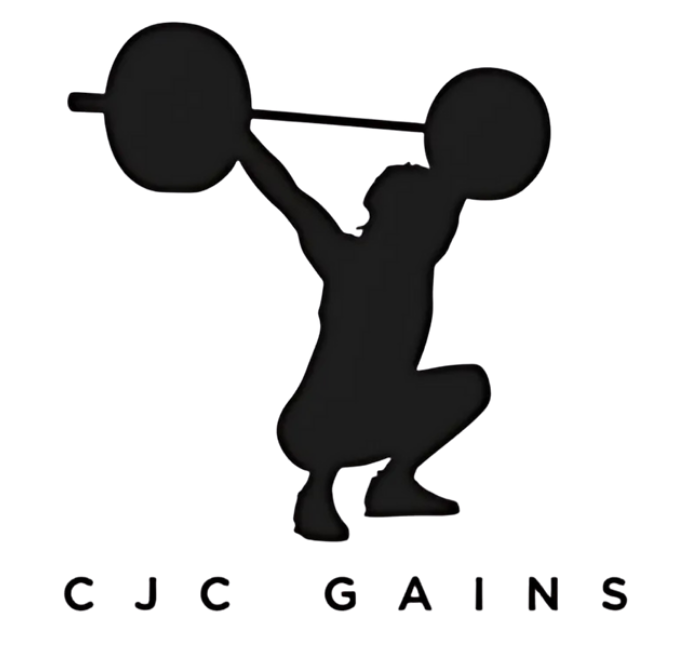 Official Partner
Official Partner
-
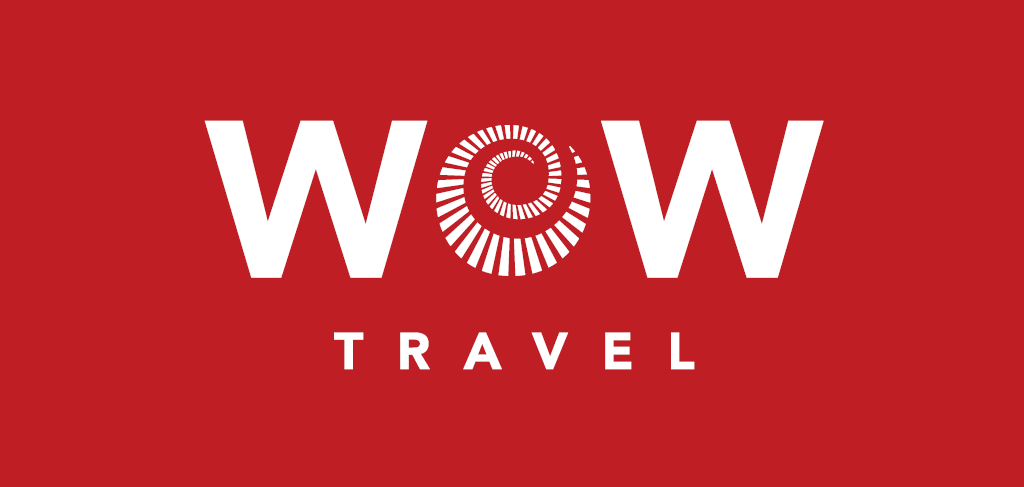 Official Travel Partner
Official Travel Partner
-
 Partner
Partner
-
 Funding Partner
Funding Partner
-
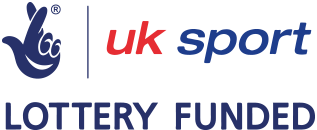 Funding Partner
Funding Partner
-
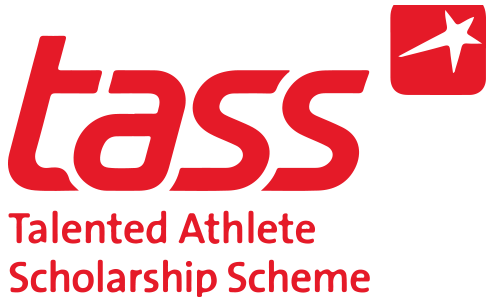 Funding Partner
Funding Partner
-
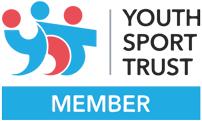 Official Strategic Partner
Official Strategic Partner
-
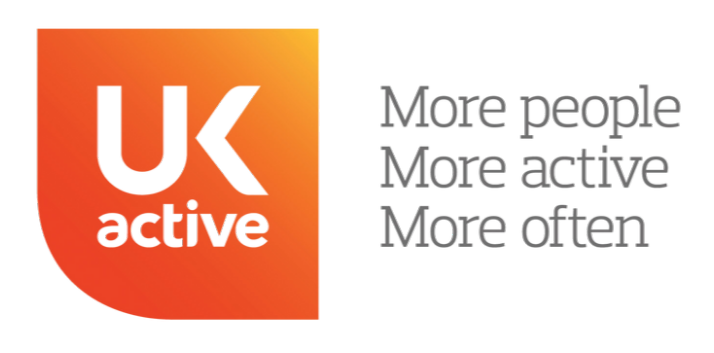 Official Strategic Partner
Official Strategic Partner
-
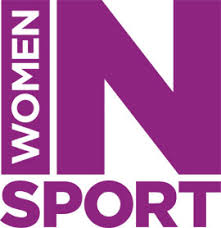 Official Strategic Partner
Official Strategic Partner
-
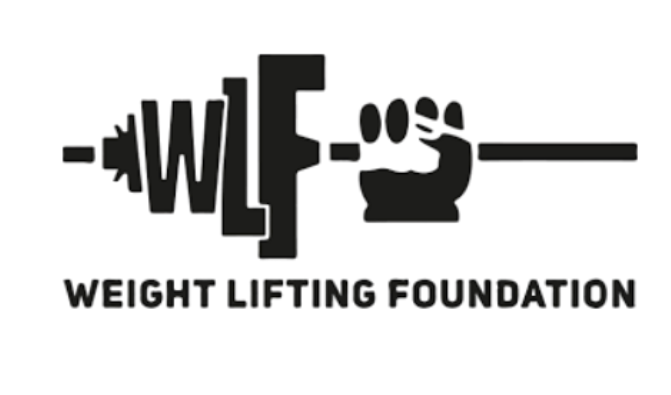 Weight Lifting Foundation Charity
Weight Lifting Foundation Charity
-
 Official ELearning Partner
Official ELearning Partner
-
 Official Awarding Organisation
Official Awarding Organisation
-
 Official Course Endorsement
Official Course Endorsement


